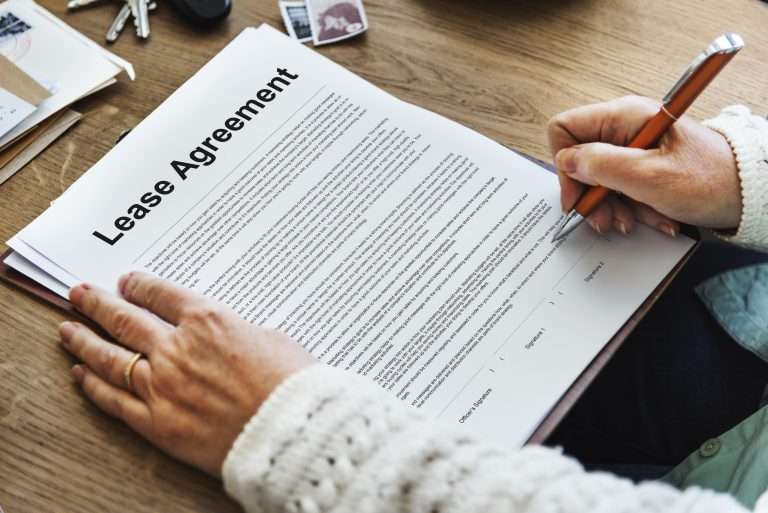First-Time Buyers
Second Time Buyer
Rental Investments
Commercial
Properties in Italy
Renting
Residence & Citizen Programmes
Foreign Buyers
Selling Your Property
Property Development

| Refresh | This website franksalt.com.mt/guide-books/how-to-be-a-good-tenant/ is currently offline. Cloudflare's Always Online™ shows a snapshot of this web page from the Internet Archive's Wayback Machine. To check for the live version, click Refresh. |


So, you’ve found a property to rent and you’re one step closer to becoming a tenant.
This article will provide you with some solid advice and information you need to secure the right property, deal with tenancy agreements and inventories and understand your rights and obligations as a tenant.
Having been in this business for more than 40 years, we can safely say that we are well acquainted with the process of renting a property, and we are more than happy to share our experience and knowledge with you!

Once we help you identify a suitable property for rent in Malta, what happens next? You should begin by putting down a holding deposit in order to state your intention to rent the property and get the property off the market. We will then begin the administrative process. At times we will also need references from you, possibly from previous landlords. Given that you have everything in place, and the property is available for immediate occupation, the whole process can be completed within just 24 hours!
The best way to win over a prospective landlord is to be prepared. You will stand out amongst other applicants if you are. So when you meet the landlord to sign the rental agreement, make sure to get any paperwork you might require including written references from landlords, employers, and colleagues; and a current copy of your credit report.
Carefully review all of the conditions of the tenancy before you sign on the dotted line. It does not mean that you should be wary of the agreement or landlord, but your lease or rental agreement may contain a provision that you find unacceptable and which you would prefer taking up with the landlord beforehand – for example, restrictions on guests, pets, design alterations, or running a home business.
The final event in your securing the property is the deposit. This is usually between one and two months’ rent and held by the landlord for the duration of the tenancy. The deposit is a safety net for him or her to guard against the cost of replacing or repairing property damaged by the renter.
This is one of the most important documents in the renting process and can often be key in deciding how much of your deposit you get back at the end of your agreement. You should, therefore, be extremely thorough and give it your full attention, while taking the necessary precautions to protect your interests. How is the inventory prepared? The inventory is a simple list detailing every item contained within the property and the condition each listed item is in on the day you move in. This may be prepared by either the letting agent or the landlord. Either way, you should go round the property with the landlord or agent and agree on the state of each item before signing the inventory document.
To avoid disputes or misunderstandings with your landlord, get everything in writing. Make sure you keep copies of correspondence and follow up an oral agreement with a letter, setting out your understanding. For example, if you ask your landlord to make repairs, put your request in writing and keep a copy for yourself. If the landlord agrees orally, send a letter confirming this.

One of the most common and emotion-filled misunderstandings between tenants and landlords arises over the tension between a landlord’s right to enter a rental unit and a tenant’s right to be left alone. If you understand your privacy rights, such as the amount of notice your landlord must provide before entering, it will be easier to protect them.
The vast majority of landlords are required to offer their tenants livable premises, including adequate repair servicing. Certain pre-set requirements such as weatherproofing; heat, water, and electricity; and clean, sanitary, and structurally safe premises go without saying, however, if your rental unit is not kept in good repair – due to reasons beyond your control – you have a number of options, ranging from withholding a portion of the rent, to paying for repairs and deducting the cost from your rent, to moving out without liability for your future rent.
You do not need to become best friends, but keep communication open with your landlord and neighbours. Building a good rapport definitely, helps. You will get you things done faster by the landlord and you will lead a more peaceful life with fewer arguments with neighbours. Plus you might get to rely on them when you need a favour.
Whilst your landlord might have an insurance policy covering the property, it will surely not cover your losses due to theft or damage. The cost of taking up such insurance is minimal, but it can come in very handy when you need it most.
When deciding on a property to rent, don’t forget to factor in costs on top of the rent, such as utility bills, TV licence and internet access costs. Some landlords may include some of these in the monthly rent itself, whilst other will request that you handle this directly with the supplier. It is also important that you stay on top of your utility bills, especially if these are in the landlord’s name.
It is also beneficial that you keep a copy of receipts, as well as a list of items that you have replaced. This could be vital if there’s a dispute when you eventually come to move out. Useful items might also include photos taken when you moved in (ideally, dated and labelled), correspondence about repairs and copies of bills.
To protect yourself and avoid any misunderstandings, make sure your lease or rental agreement is clear on the use and refund of security deposits, including allowable deductions. When you move in, do a walk-through with the landlord to record existing damage to the premises on a move-in statement or checklist.
So, you’ve come to the end of your time at the property. You now have two options to consider: Extend the agreement or move out. If you would like to extend your stay, remember, you need to provide between one to three months’ notice in writing to your landlord, stating either your intention to vacate the property or to ask permission to stay on beyond your initial agreement. Providing your landlord is happy with you and the condition of the house or flat, you’ll most likely be allowed to continue with your occupancy.
If you decide to move out, then it’s worth putting in a bit of work to get the property up to scratch to maximise the chances of getting your full deposit back. As long as the condition of the property is the same as when you moved in – barring normal wear and tear – you’ll have no problem.
Disclaimer: The information contained in this website is for general information purposes only. While we endeavour to keep the information up to date and correct, we make no representations or warranties of any kind, about the accuracy, reliability or availability with respect to the website or the information, products, or services contained on the website for any purpose.
 ×
×
We have sent email to [email protected] to confirm the validity of your email address.

